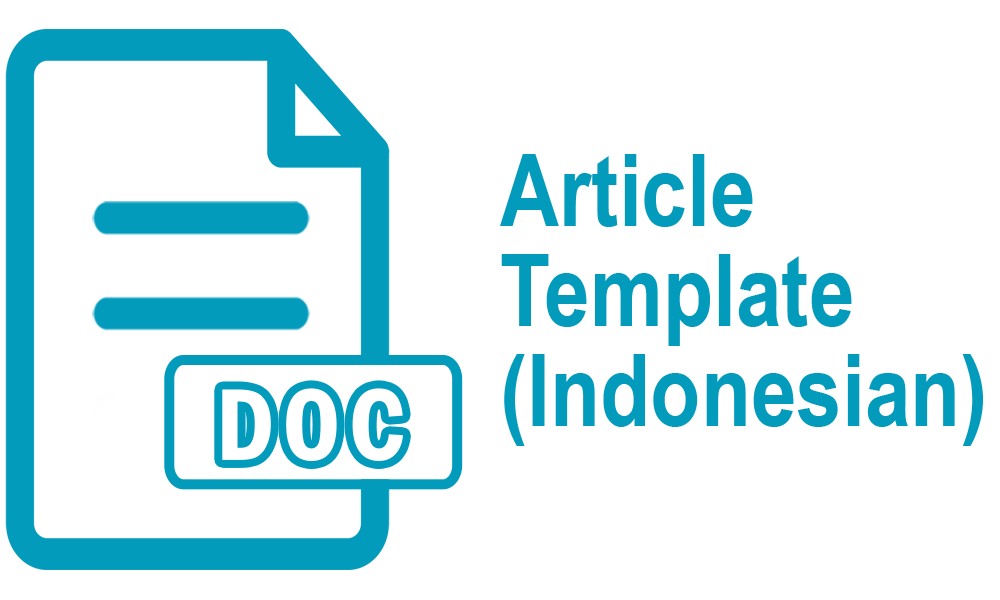THE REPRESENTATION OF CHINESE SOCIETY AS PORTRAYED IN IP MAN 4: THE FINALE MOVIE
Abstract
This article discussed the representation of Chinese society as portrayed in IP Man 4: The Finale movie. Furthermore, the representation of the Other towards the Chinese character using Macfie's representation theory, while Murphy's characterization theory was used to analyze the struggle waged by the Chinese society. The reasons the researcher chose this movie, because (1) IP Man 4: The Finale movie is one of the movies that have just aired in 2020, (2) no one has analyzed this movie using representation theory, and (3) also until now there are still many cases where there are still superiority and inferiority between East and West that still exist and cannot be solved. In this research, the research design used was qualitative by using a qualitative descriptive analysis approach. This research reveals that the representation of Chinese society in IP Man 4: The Finale movie is aberrant, despotic, inferior, passive, feminine, backward, and inauthentic. The findings show that the struggle of Chinese society was characterized by three significant ways, namely: The past life (the character's past story), the character's speech (conversation and mind), and mannerism (reaction or action). By looking at representation theory, we can understand that the term oriental culture aims to prevent the East from not getting a negative connotation. This term is not a justification for blaming something that inaccurate statement, but rather an effort to keep the Eastern nation honorable and dignified.
Keywords
Full Text:
PDF (Bahasa Inggris)References
Dobie, Ann B. Theory into Practice an Introduction to Literary Criticism. 3rd ed., Boston: Wadsworth Cengage Learning. 2011.
Emzir. Metode Penelitian Kualitatif: Analisis Data. Jakarta: Rajawali Pers. 2011.
Flick, Uwe, editors. The Sage Handbook of Qualitative Data Analysis. 1st ed., London: Sage Publications, 2013.
Geleuk, Maria Benga. "Bentuk-Bentuk Hegemoni pada Tokoh Periferal dalam Novel “Pasung Jiwa” Karya Okky Madasari." Diglosia: Jurnal Kajian Bahasa, Sastra, dan Pengajarannya, vol. 3, no. 1, 2020, pp. 65-78.
Goulet, Nicole. "Postcolonialism and the Study of Religion: Dissecting Orientalism, Nationalism, and Gender Using Postcolonial Theory." Religion Compass, vol. 5, no. 10, 2011, pp. 631–637. Doi:10.1111/j.1749-8171.2011.00306. Accessed 16 August 2020.
Griffith, Kelly. Writing Essays about Literature. Boston: Wadsworth Cengage Learning. 2011.
Kennedy, David. A World of Struggle. United Kingdom: Princeton University Press. 2018.
Khotari, C. R. Research Methodology Methods, and Techniques. 2nd ed., Jaipur: New Age International Publishers. 2004.
Macfie, A.L. Orientalism. Great Britain: Pearson Education Limited. 2002.
Murphy, Murtagh John. Understanding Unseen: An Introduction to English Poetry and English for Overseas Students. George Allen and Unwin Ltd. 1972.
Said, Edward W. Orientalism. New York: A Division of Random House. 1979.
DOI: http://dx.doi.org/10.30872/jbssb.v6i4.6623
Refbacks
- There are currently no refbacks.
Copyright (c) 2022 Marlborizky Dyah Maharanie Wahyono, Nita Maya Valiantien, Aries Utomo
Editorial address:
Fakultas Ilmu Budaya, Universitas Mulawarman
Jl. Ki Hajar Dewantara, Gunung Kelua, Kec. Samarinda Ulu, Kota Samarinda, Kalimantan Timur, Indonesia 75123
Email: jurnalilmubudaya.fibunmul@gmail.com
Website: http://e-journals.unmul.ac.id/index.php/JBSSB
Ilmu Budaya: Jurnal Bahasa, Sastra, Seni, dan Budaya is licensed under a Creative Commons Attribution-ShareAlike 4.0 International License






